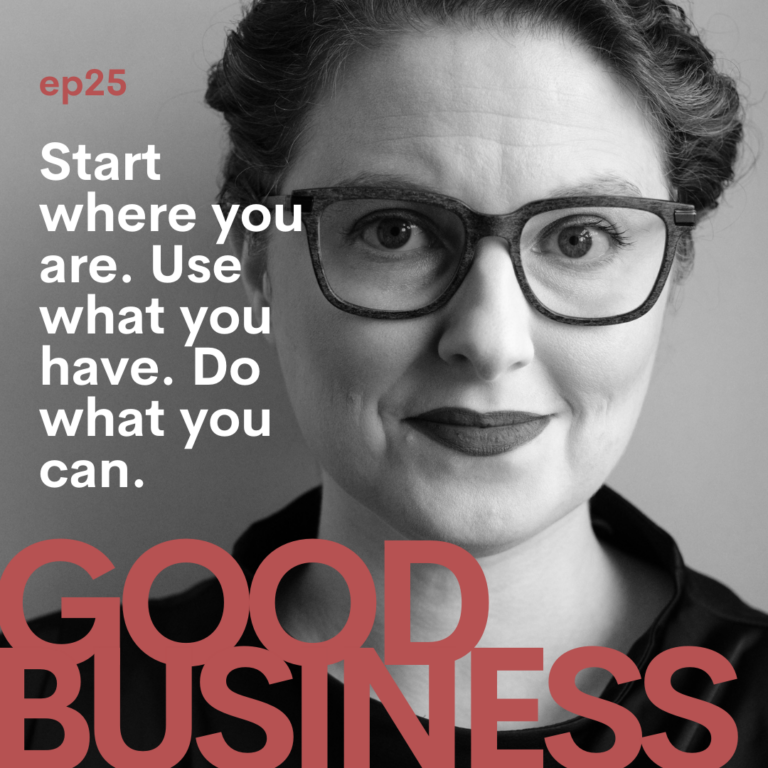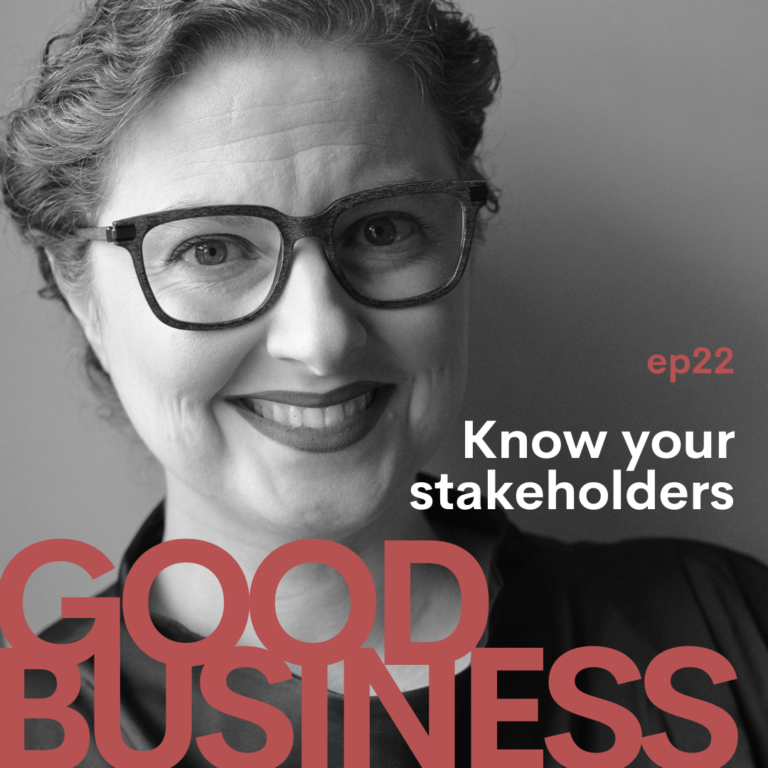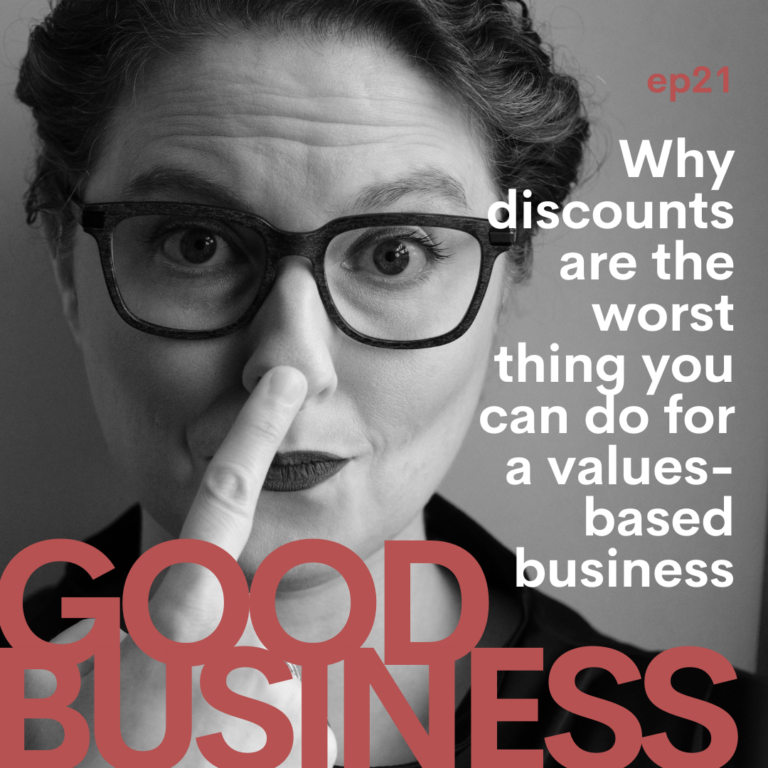Navigating feedback can be daunting. In this episode, we dive into the skills of asking for and receiving feedback with intention and grace. Learn the art of crafting your asks to elicit constructive insights and how to gracefully accept the advice given, filter through biases, and grow from the experience. Whether it’s refining your creative process or enhancing your professional journey, we share actionable tips on making feedback work for you.
Listen now to learn the strategies that will help you embrace feedback not as criticism, but as a valuable tool for personal and professional growth.
Perfect for creators, innovators, and anyone looking to level up their feedback game. And stay tuned for the upcoming episode on giving feedback!
How to Ask for and Take Feedback
Welcome back, everyone! Today, we’re diving into a topic that frequently sparks those “oh my god, why can’t people get out of their own way?” conversations I often have at dinner. We’re talking about how to ask for and take feedback. Next episode, we’ll cover how to give feedback effectively.
Feedback is one of those areas where many think they excel, yet few truly do, especially in the age of the internet, where feedback mechanisms can sometimes devolve into marketing ploys or avenues for venting personal frustrations. Remember when we could buy a toaster without consulting 25 strangers online? Neither do I.
Why Feedback Matters
Feedback is crucial; it challenges us to grow and improve, particularly in creative fields. But it’s an art, not just a set of algorithms.
How to Ask for Feedback Like a Pro
1. Be Discerning: Ask the right people. Don’t take a shotgun approach to feedback which leads to decisions based on a wide but irrelevant set of opinions.
2. Be Specific: Clearly outline what you need feedback on, including relevant context and what types of feedback you aren’t looking for.
3. Format Matters: If you’re writing, break up your text. Long paragraphs are daunting and often not fully read. Structuring your request can greatly influence the quality of feedback you receive.
4. State Your Biases: Be upfront about your attachment to the project and how much feedback you can realistically handle without feeling overwhelmed.
5. Be Prepared for the Response: Engage with the feedback you receive. This is not just about hearing what you want to hear, but also about learning from diverse perspectives.
How to Take Feedback
1. Understand the Source: Make sure the feedback is coming from someone relevant to your request. A spouse might be supportive but not the best critic for your business website if they lack the perspective of your target audience.
2. Separate Yourself from Your Work: This can be challenging, especially for creatives and solopreneurs, but it’s crucial for growth.
3. Be Proactive: Do your research and ensure your work is as polished as possible before seeking feedback. This prevents basic questions that could have been answered with a little initiative.
4. Be Engaging: Respond thoughtfully to feedback. Ask follow-up questions and share how you’ve used the advice you’ve received. This respects the time of those who helped you and enriches the community.
Conclusion
Asking for feedback requires understanding both the context of your work and the perspectives of those you engage. Effective feedback is a tool for growth, illuminating blind spots and offering new paths forward. So, harness it wisely, and remember, every piece of feedback is a stepping stone to betterment.
Stay tuned for our next episode on giving feedback like a rock star, because mastering both sides of this process can dramatically enhance how we communicate and grow. Have a wonderful spring, and I’ll see you in a couple of weeks. Bye!
More Episodes
Start where you are. Use what you have. Do what you can. | GB 25
Today’s episode of The Good Business Podcast is all about my very favorite quote in the whole world. “Start where you are. Use what you have. Do what you can.” by Arthur Ashe
Why impact matters as much as marketing, sales, or strategy. Maybe more. | GB24
Today’s episode is less of a lesson than recent episodes. Instead, today we’re making a case for a topic we’ll be talking a LOT more about in the future: IMPACT. What it is. Why it matters. And how to pay attention to it.
Market visibility for people who care about other people | GB23
Today is a branch off of our stakeholder conversation. If you listened to that episode, you should have a clear picture of exactly who matters to you and your work and why, as well as how much time you have for your work without sacrificing what those VIPs need and expect from you. Next up, we talk about exposure, protection, and the responsibility you have to those who matter most.
Know Your Stakeholders | GB22
In this episode, I’m going to walk you through how to think about establishing your stakeholders, the steps you need to take to do so, and how to make decisions based on who they are without compromising those big fat dreams we’ve been talking about.
Pricing Basics: Why discounts are almost never a good idea | GB21
Today’s episode dovetails on our last one, where we talked all about how your value isn’t determined by your price tag. Today, we’re talking about discounts. First, we’ll talk about why businesses offer them, what their purpose is and when they ARE a good idea. Then we’ll talk about why they are probably a bad idea for you and what to do instead.
Pricing Basics: Your value is not attached to your price | GB20
This episode breaks down the popular trope that if you don’t charge a lot, people won’t value your work. First, we talk about the conditions that make this a common piece of advice. Then I lay out why this is complete crap for certain kinds of businesses. Finally, the episode wraps up with a brief primer on how to think about pricing in a way that serves your people AND your bigger dreams for yourself.






